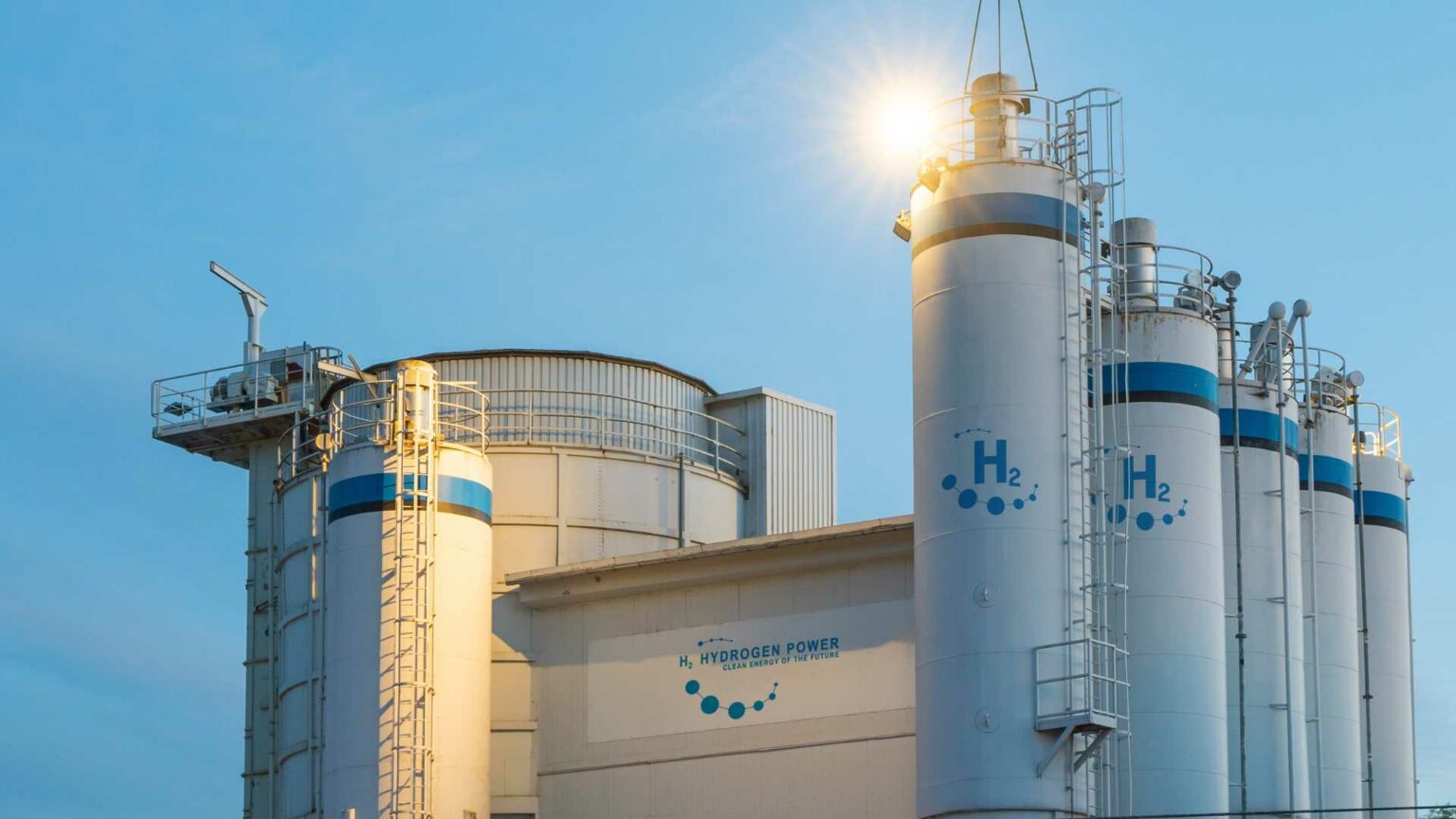Researchers Kaifeng Yuan, Zhan Liu, and Xiaozhao Li examine the thermal dynamics of onboard hydrogen storage tanks during fast refueling. Titled “Effects of Structure Parameter and Material Property on Thermal Performance of Onboard Hydrogen Storage Tanks During Fast Refueling,” the study offers insights crucial to enhancing hydrogen fuel infrastructure.
Context and Relevance
As the hydrogen industry accelerates its quest for efficient and safe energy solutions, the performance of onboard hydrogen storage tanks remains a critical challenge. These tanks can experience significant thermal fluctuations during refueling, potentially impacting safety and operational efficiency. This study’s focus on thermal performance is particularly relevant as fast refueling technology is vital for adopting hydrogen-powered vehicles.
Main Findings
The research identifies two primary factors affecting thermal performance: structural parameters and material properties of the storage tanks. The authors highlight that optimizing these aspects can significantly mitigate adverse thermal effects during refueling.
Technical Insights
While the abstract does not delve into detailed methodologies, it suggests that comprehensive analyses were conducted to investigate how different design parameters and material choices influence the thermal behavior of hydrogen storage tanks. Such investigations will likely include computational simulations and experimental validations to understand heat distribution and dissipation during fast refueling.
Potential Applications
The findings have direct applications in the design and manufacturing of hydrogen storage tanks. They suggest that manufacturers prioritize specific structural and material adjustments to improve thermal management. Optimizing these factors could lead to safer and more efficient refueling processes, ultimately benefiting hydrogen-powered transportation.
Market Relevance
This research underscores the importance of refining storage technologies to support infrastructure growth in the hydrogen market. Enhanced thermal management could lower the barriers to the commercial adoption of hydrogen vehicles by offering faster, safer refueling options, thus appealing to a broader consumer base.
Broader Implications
These findings also provide a valuable reference for future research on developing advanced materials and innovative tank designs. By addressing thermal performance, the study contributes to the broader goal of improving the reliability and efficiency of hydrogen energy systems, which is essential for the industry’s growth and sustainability.
Key Takeaways
– The study identifies structural parameters and material properties as crucial factors for optimizing thermal performance during refueling.
– Enhanced thermal management of hydrogen storage tanks can lead to safer and more efficient refueling, benefiting the hydrogen fuel industry.
This research marks a significant step toward resolving one of the key challenges in hydrogen energy applications, paving the way for safer, quicker, and more efficient refueling technologies.
